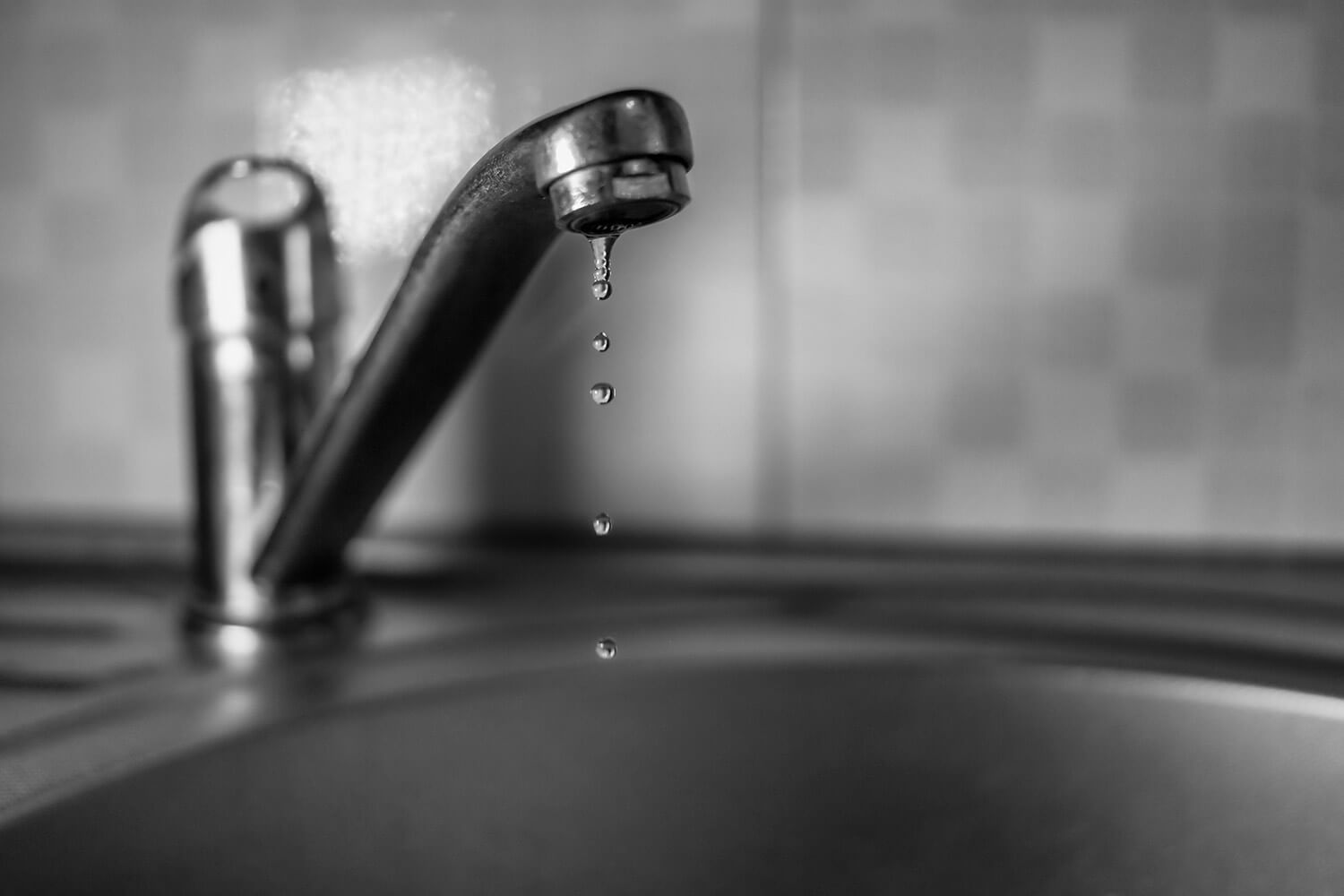The House's Principal Frequent Causes of Leak Problems: Thorough Investigation
The House's Principal Frequent Causes of Leak Problems: Thorough Investigation
Blog Article
The content below pertaining to Common Water Leaks In House is totally captivating. Don't skip it.

Leaks not just create waste of water yet can likewise trigger unneeded damage to your house as well as promote undesirable organic growth. Sadly, water leakages may go unnoticed given that a lot of the pipework in our home is concealed. By looking and comprehending for daily situations that create leakages, you can safeguard your house from future leaks and unneeded damage. Today, we will certainly take a look at six leak creates that may be triggering your pipelines to drip.
Trespassing origins
Many water leakages begin outside the house rather than inside it. If you notice an abrupt decline in water stress, say in your tap, take some time to head out and examine your yard. You could observe wet spots or sinkholes in your lawn, which might indicate that tree origins are getting into water lines causing water to leak out. You can have your plumber look for invasion, especially if you have trees or bushes near your residential property.
Rusty water systems
As time goes by, your plumbing system ages and corrosion such as rust may begin gnawing the pipes. This might be the cause of discoloration or warping on your water pipes. This requires an examination with your plumber immediately. Consider changing the pipelines since they are at a greater risk of rust than the newer models if our plumbing system is old.
Malfunctioning Pipeline Joints
Pipeline joints can degrade over time, resulting in water leaks. If you have noisy pipes that make ticking or banging sounds, especially when the hot water is transformed on, your pipe joints are possibly under a lot of pressure.
Instantaneous temperature adjustments.
Extreme temperature adjustments in our pipes can cause them to increase as well as contract suddenly. This expansion and tightening may cause splits in the pipes, especially if the temperature level are below freezing. If you maintained an eye on just how your plumbing functions, it would be best. The existence of the previously mentioned situations frequently suggests a high danger.
Poor Water Connectors
At times, a leakage can be created by loosened hose pipes and pipelines that provide your devices. In case of a water connections leakage, you may see water running directly from the supply line or pools around your appliances.
Blocked Drains
Obstructed drains might be annoying and inconveniencing, however they can often wind up causing an overflow bring about burst pipes. Maintain eliminating any type of materials that might decrease your drains pipes that could clog them to avoid such aggravations.
All the above are causes of leakages yet not all water leaks arise from plumbing leakages; some leakages may originate from roof leaks. All leaks need to be repaired instantly to avoid water damages.
Leaks not only cause waste of water however can also create unnecessary damages to your residence and promote unwanted natural development. By comprehending and looking for daily circumstances that trigger leakages, you can shield your residence from future leaks as well as unneeded damages. Today, we will look at six leakage triggers that might be triggering your pipes to trickle.
At times, a leakage can be triggered by loosened hose pipes and also pipes that supply your appliances. In case of a water connections leakage, you may discover water running straight from the supply line or puddles around your appliances.
How To Check For Water Leak In Your Home
How To Check for Leaks
The average household's leaks can account for nearly 10,000 gallons of water wasted every year and ten percent of homes have leaks that waste 90 gallons or more per day. Common types of leaks found in the home are worn toilet flappers, dripping faucets, and other leaking valves. These types of leaks are often easy to fix, requiring only a few tools and hardware that can pay for themselves in water savings. Fixing easily corrected household water leaks can save homeowners about 10 percent on their water bills.
To check for leaks in your home, you first need to determine whether you're wasting water and then identify the source of the leak. Here are some tips for finding leaks:
Take a look at your water usage during a colder month, such as January or February. If a family of four exceeds 12,000 gallons per month, there are serious leaks.
Check your water meter before and after a two-hour period when no water is being used. If the meter changes at all, you probably have a leak.
Identify toilet leaks by placing a drop of food coloring in the toilet tank. If any color shows up in the bowl after 10 minutes, you have a leak. (Be sure to flush immediately after the experiment to avoid staining the tank.)
Examine faucet gaskets and pipe fittings for any water on the outside of the pipe to check for surface leaks.
Undetected water leaks can happen without the home or business owner even realizing. If you suspect a water leak, but not able to find the source. It is time to contact a professional water leak detection service, The Leak Doctor.
How To Find a Water Leak In Your Home
https://www.leakdoctor.com/blog/How-To-Check-For-Water-Leak-In-Your-Home_AE197.html

Hopefully you enjoyed our post about Top Causes of Home Water Leaks. Thanks a lot for taking the time to read our article. So long as you liked our article if you please make sure you remember to pass it around. Thank-you for taking the time to read it.
Further Details Report this page